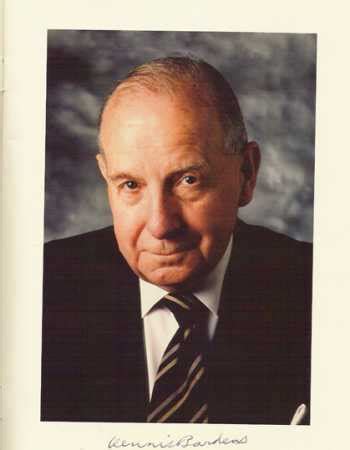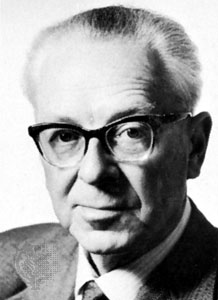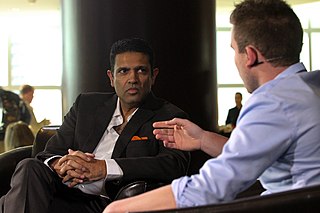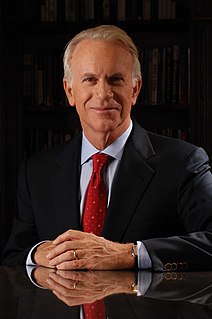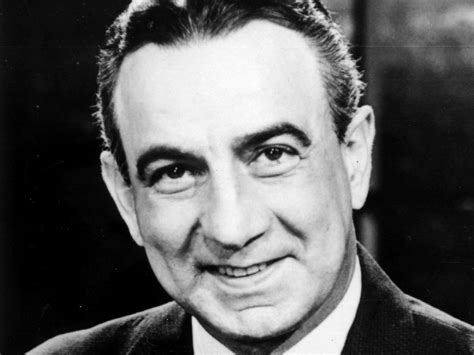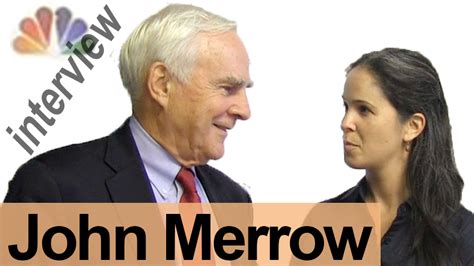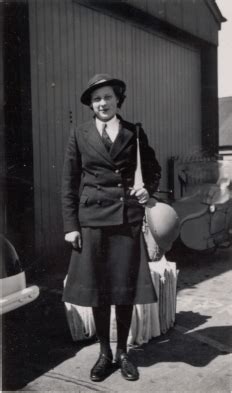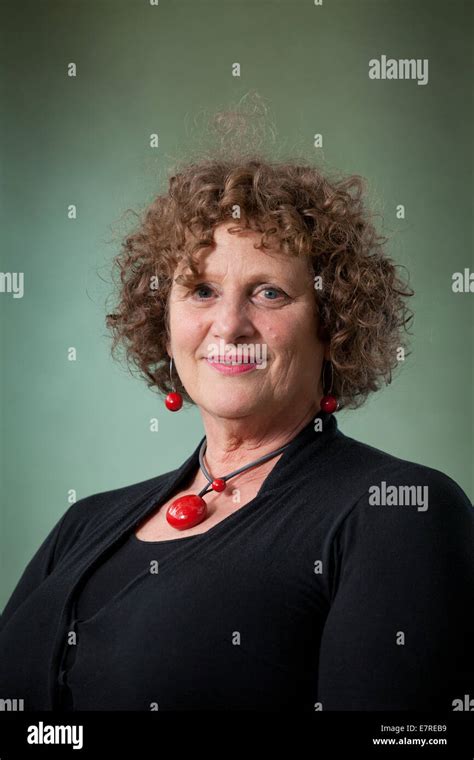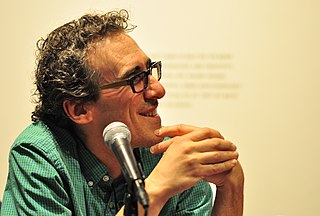A Quote by Dennis Bardens
The combined outrage of the millions of creatures which have suffered at the hands of man may well combine to haunt us. We are all of the same family, though destiny has assigned us to different roles: in our relationship with animals, we should regard them as different, not inferior.
Related Quotes
[I believe] that animals have a worth in and of themselves, and that they are not inferior to human beings but rather just different from us, and that they really don't exist for us nor do they belong to us...it should not be a question of how they should be treated within the context of their usefulness, or perceived usefulness, to us, but rather whether we have a right to use them at all.
The various roles we incorporate into the criminal justice system as well as the ways in which we construe such roles, lend themselves to the kind of ethical reflection that is open to us all. That said, once we have determined roles and their contours, those who act within them may have special duties and privileges that others may lack. Specific roles may generate ethical inquiries with novel forms, just as new technologies may push us in new directions.
We have different forms assigned to us in the school of life, different gifts imparted. All is not attractive that is good. Iron is useful, though it does not sparkle like the diamond. Gold has not the fragrance of a flower. So different persons have various modes of excellence, and we must have an eye to all.
A man has a right to use a saw, an axe, a plane, separately; may he not combine their uses on the same piece of wood? He has a right to use his knife to cut his meat, a fork to hold it; may a patentee take from him the right to combine their use on the same subject? Such a law, instead of enlarging our conveniences, as was intended, would most fearfully abridge them, and crowd us by monopolies out of the use of the things we have.
As Latter-day Saints, we need not look like the world. We need not entertain like the world. Our personal habits should be different. Our recreation should be different. Our concern for family will be different. As we establish this distinctiveness firmly in our life's pattern, the blessings of heaven await to assist us.
Each one of us will travel a different road during this life. Each progresses at a different rate. Temptations that trouble your brother may not challenge you at all. Strengths that you possess may seem impossible to another. Never look down on those who are less perfect than you. Don't be upset because someone can't sew as well as you, can’t throw as well as you, can't row or hoe as well as you. We are all children of our Heavenly Father. And we are here with the same purpose: to learn to love Him with all our heart, soul, mind, and strength, and to love our neighbor as ourselves.
Conversation with animals could happen, but I think it would be easier for it to happen with creatures we share a bit more with - those that have been bred to interact with us, like dogs or horses, or ones to whom we have a natural evolutionary link, like chimps and other nonhuman apes. I mean, we do communicate with dolphins and whales, but we're not trying to get to the depths of their understandings. I feel that with animals as different from us as the whales and dolphins, it's likely to work better with us just watching them and trying to figure them out.
It is a function of creative men to perceive the relations between thoughts, or things, or forms of expression that may seem utterly different, and to be able to combine them into some new form. Britten's Nocturne, for example, which unifies musically a group of poems by different hands, is a notable example of his power to connect the seemingly unconnected.
Today we all speak, if not the same tongue, the same universal language. There is no one center, and time has lost its former coherence: East and West, yesterday and tomorrow exist as a confused jumble in each one of us. Different times and different spaces are combined in a here and now that is everywhere at once.
